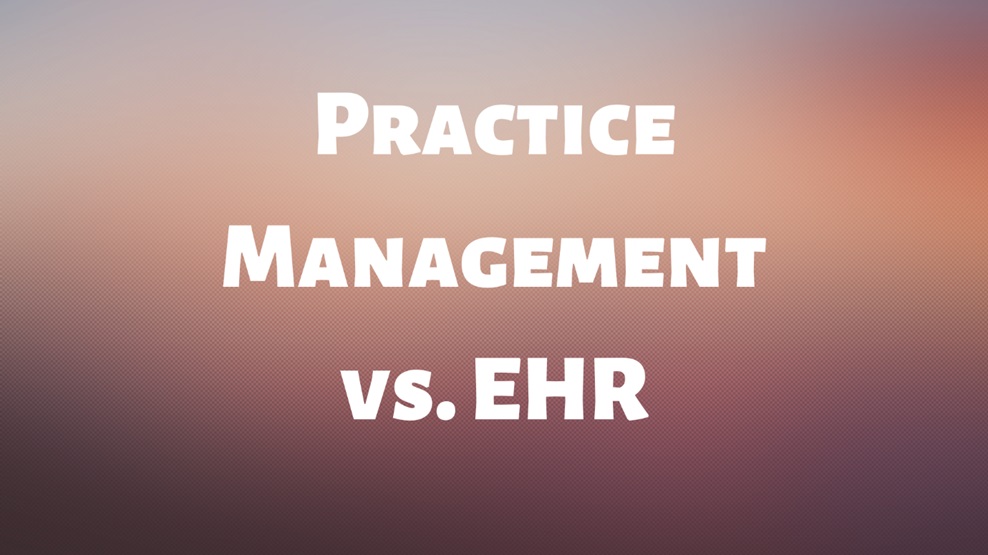The terms “practice management” and “EHR” are often used interchangeably, but they actually refer to two different things. Practice management software is used to manage the administrative side of medical practice, while EHR software is used to manage patient medical records. They both have their own unique features and benefits that can help a medical practice run more smoothly. So, without further ado, let’s take a closer look at the key differences between practice management and EHR software.
What is Practice Management Software?
Practice management software is a type of software that helps medical practices to manage their day-to-day operations. This can include tasks such as scheduling appointments, billing patients, and managing employee payroll. Practice management software often comes with a variety of features that can make these tasks easier, such as appointment reminders and online bill pay.
One of the main benefits of practice management software is that it can help to improve patient satisfaction. By automating tasks like appointment scheduling and reminders, patients are less likely to miss their appointments or forget to pay their bills.
What is EHR Software?
On the other hand, EHR software is used to manage patient medical records. This can include storing information like immunization records, prescriptions, and lab results. EHR software often comes with various features that can make it easier to track patient care, such as alerts for prescription refill reminders and lab results.
One of the main advantages of EHR management software is that it can help to improve patient safety. By providing a central location for all of a patient’s medical information, doctors and other healthcare providers can more easily spot potential problems and make sure that patients are getting the care they need.
The Key Differences Between Practice Management and EHR Software
Now that we’ve looked at what each type of software is used for, let’s take a closer look at the key differences between them. A key difference between practice management and EHR software is the type of data that they store and manage. Practice management software is typically used to store and manage administrative data, such as appointment schedules and patient billing information.
On the other hand, EHR software is typically used to store and manage clinical data, such as patient medical records. Additionally, it will help to know how your EMR/EHR can be so much better than other systems so that you can make an informed decision. Remember that not all Practice Management Systems will have EHR capabilities, and not all EHR software is created equal. So be sure to do your research before making a decision.
To Conclude
Now that you know the difference between practice management and EHR software, it’s time to decide which type of software is right for your medical practice. So, ask yourself, what type of data do you need to store and manage? And what type of features are you looking for? Once you have the answers to these questions, you’ll be well on your way to finding the perfect software solution for your medical practice. Thanks for reading!

